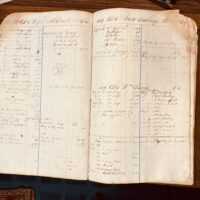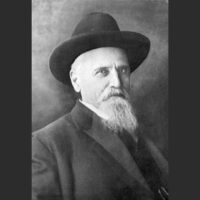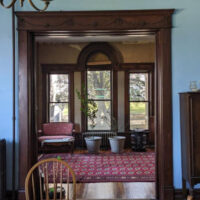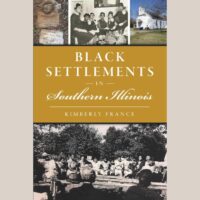(This column first ran in Hoptown Chronicle’s Sunday Brew newsletter. To get local columns delivered to your email every weekend, subscribe here.)
FRANKFORT, Ky. — Joe Craver would be the first to tell you that he alone does not deserve credit for the reclamation of Hopkinsville’s Union Benevolent Society Cemetery, the African American burial site where many of the city’s formerly enslaved residents now rest.
Years before Joe moved to Hopkinsville in 2014, others had been pushing for something to be done at the roughly five-acre cemetery that was hidden in a tangle of vegetation that took root during decades of neglect.
But two events nearly 60 years apart in Joe’s life point to the role he played in getting UBS on Vine Street cleaned up and shown some respect. Joe shared this story during a presentation he gave Saturday afternoon at the Kentucky History Center’s genealogy library in downtown Frankfort. We were there for the annual Kentucky History Awards ceremony because Joe received the Kentucky Historical Society’s Award of Distinction. (Hopkinsville resident Wynn Radford and I co-nominated Joe for the award.)
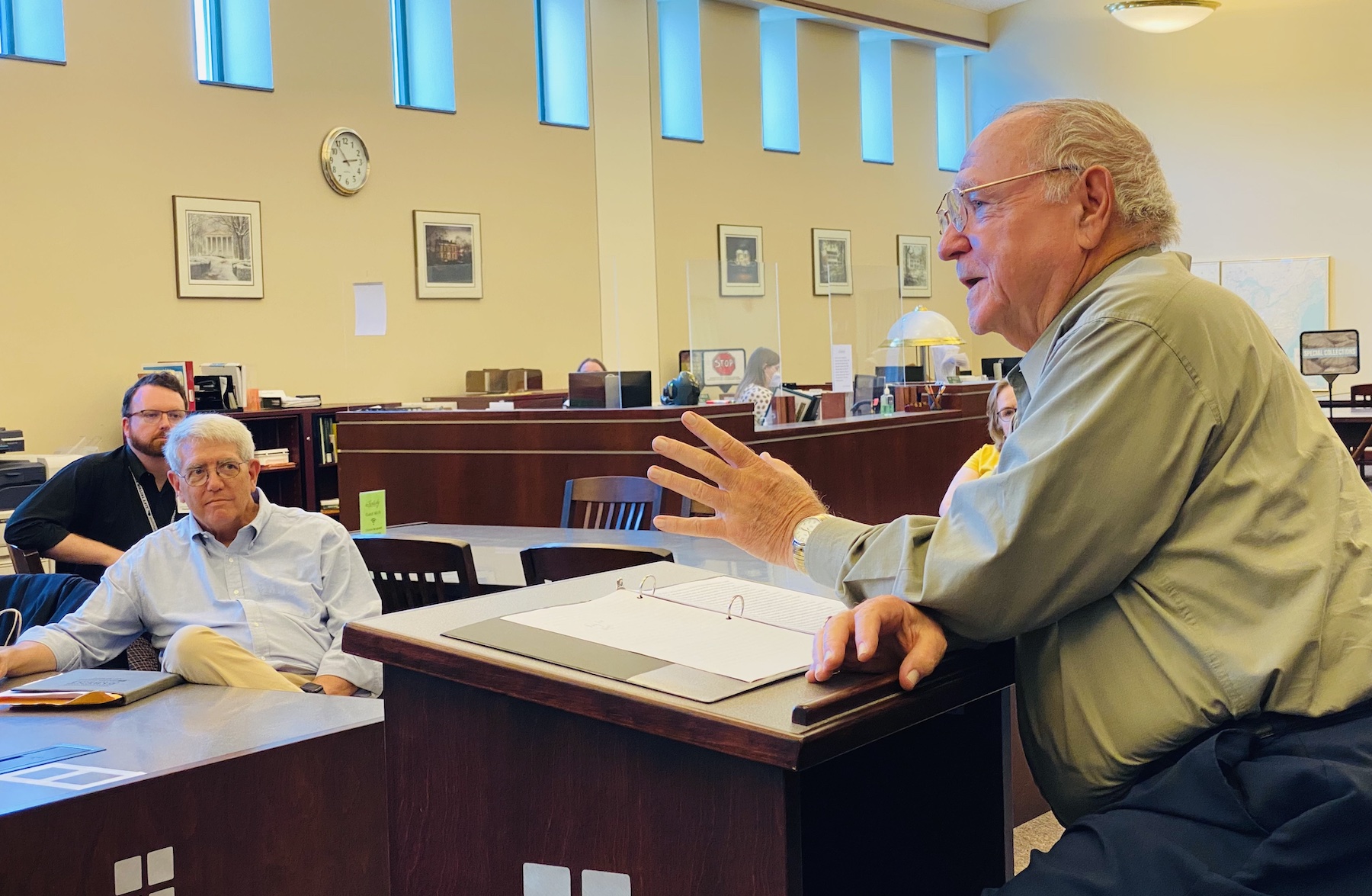
During his talk in the library, Joe recalled that he was 10 years old when his elder brother, a U.S. Navy veteran of World War II and member of the American Legion, took him along one day in May 1956 to put American flags at the graves of veterans in their church cemetery.
That ritual sparked an interest in Joe, who later served in the U.S. Army. When he retired in 2003, he got involved again helping the American Legion place flags in cemeteries around his home in Davidson County, North Carolina. That led Joe to document the burial sites of veterans whose military service had almost been forgotten. His goal was to see flags placed at all veterans’ graves — not just those who had a military headstone.
By the time he moved to Hopkinsville to live with his daughter’s family, Joe was becoming a self-taught specialist in genealogy research. Using the Find-A-Grave website, he created or added to the online memorials of thousands of Christian countians.
Then someone asked him if he had heard about the Vine Street cemetery. He hadn’t, but he drove by to have a look. The wooded lot was so thick with brush, he couldn’t see much. Until he did.
One day he got a glimpse of the remnants of an American flag along Vine Street. He searched and found a military headstone for William Johnson, who served in the U.S. Colored Infantry during the Civil War.
With a little information about one headstone, Joe created a new cemetery listing on Find-A-Grave. Soon someone in Indiana saw it and contacted Joe. She thought she might have relatives buried there.
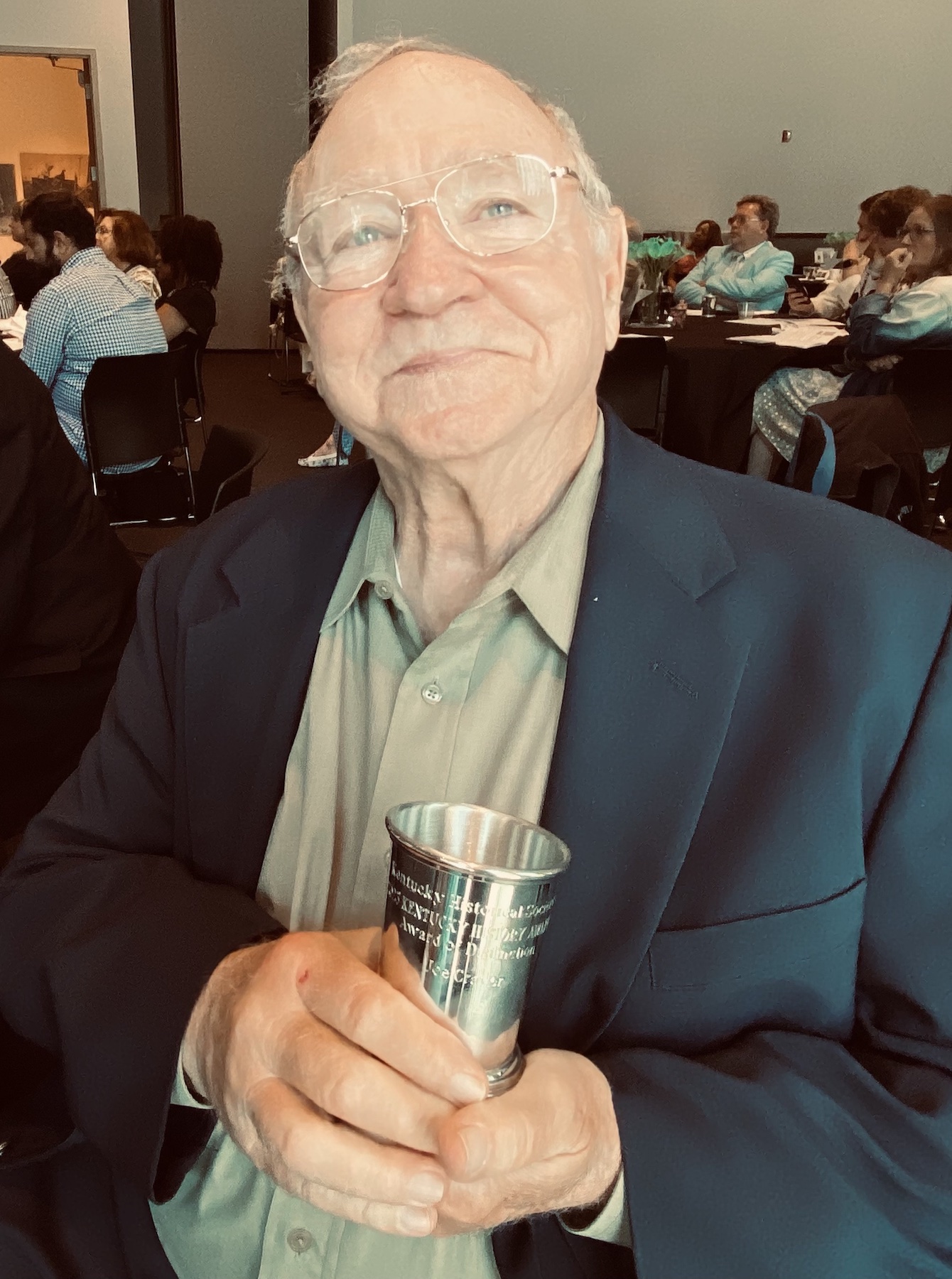
“Before long I had 25 to 30 memorials,” on the Vine Street listing, he said.
It was time to do more, Joe thought, so he called someone with the city, who put him in touch with a city council member.
“I told him I thought it was a disgrace,” he said, describing the condition of the cemetery in contrast to its historical value.
Joe learned that he wasn’t the first to say that. Others had been aiming for a solution for more than a decade.
Over a period of months, the cemetery was cleared and more gravesites were identified. In 2018, the city of Hopkinsville established ownership of UBS Cemetery and the site was rededicated.
Saturday, as I listened to Joe describe his research and the work of others at the UBS Cemetery, I wondered about the spark that was lit when he was 10 years old by a sibling who took him to a church cemetery to plant American flags next to the headstones of veterans. If that had not happened, would Joe have come along 59 years later to post an online memorial for a Civil War soldier whose grave was about to disappear forever?
There’s no doubting the role of others in Hopkinsville who advocated for preserving the Vine Street cemetery. I’m thinking of people like Jessie Quarles, who first told me about the cemetery around 2001.
But it’s hard to imagine that this project would have ever taken hold without someone who could tell us the stories of people buried there. That’s why I put emphasis on Joe’s first act, in June of 2015, to document one U.S. veteran — William Johnson, of the 40th U.S. Colored Infantry, and likely the slave of Thomas Torian in 1860 in Christian County — who was buried in a cemetery that was almost forgotten. And it’s why I’m grateful his big brother took him along one day in 1956 to honor veterans of other wars in another cemetery.
Joe has moved back to North Carolina, but he’s still doing online research of Christian County cemeteries and he continues to add biographical information to numerous Find-A-Grave listings.
Physical work also continues at the UBS Cemetery. Volunteers will be cleaning headstones this summer with guidance from the Museums of Historic Hopkinsville-Christian County. I’ll keep you posted on that work.
Trigg County project recognized
Also at Saturday’s ceremony, Kim Fortner and Paul Fourshee received a special projects award for their research and publication of a book, “Historical Facts of Cadiz-Trigg County.”
As the governing board president for KHS, I had the privilege of announcing their award during the morning banquet. I was pleased to see the Trigg County project recognized.
Jennifer P. Brown is co-founder, publisher and editor of Hoptown Chronicle. You can reach her at editor@hoptownchronicle.org. She spent 30 years as a reporter and editor at the Kentucky New Era. She is a co-chair of the national advisory board to the Institute for Rural Journalism and Community Issues, governing board president for the Kentucky Historical Society, and co-founder of the Kentucky Open Government Coalition.
